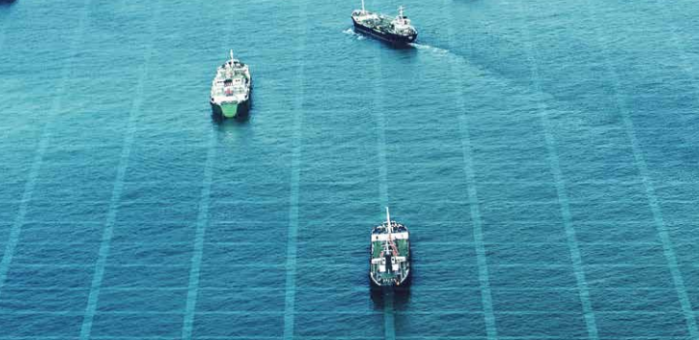A new paper published in the RUSI Journal, three scholars of maritime security examine the UK’s maritime security strategy refresh.
The UK’s National Strategy for Maritime Security was launched in 2014, including non-traditional security issues, including blue crimes (like piracy, smuggling and IUU fishing), the protection of critical infrastructure (ports, ships and maritime trade routes), marine environmental health and sustainability.
According to the paper, various problems were evident after Brexit in relation to UK’s maritime security. The first was the need to consolidate independent regulations and capacities for domestic maritime security governance.
The second was the UK’s need to recalibrate relations with old European partners and adopt new global multilateral partnerships in maritime security.
However, the paper highlights the challenge to channel these inputs into a coherent and actionable strategy. For this reason, the paper considers how the 2021 National Strategy for Maritime Security can avoid being ‘lost’ in the crowd of similar and related documents.
Meanwhile, “the UK maritime security strategy needs to pay close attention to how maritime insecurities have evolved since 2014,” adds the paper.
First is the evolution of grey-zone warfare at sea, as well as the threats posed by states and state-sponsored violent actors.
Secondly, there is an emerging trend in the link between blue crime and terrorism, as shown by the threat to shipping by militants in Mozambique and Yemen.
Moreover, environmental challenges add to another new pattern of maritime insecurity, which this strategy refresh should emphasize.
Climate change will lead to sea-level rise, with challenges that the National Strategy for Maritime Security needs to prepare for today
the authors mentioned.
Finally, the paper gives emphasis on the UK’s preparedness and response to disruption of the undersea cable network.






























































